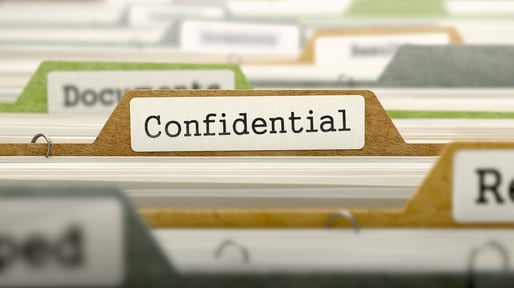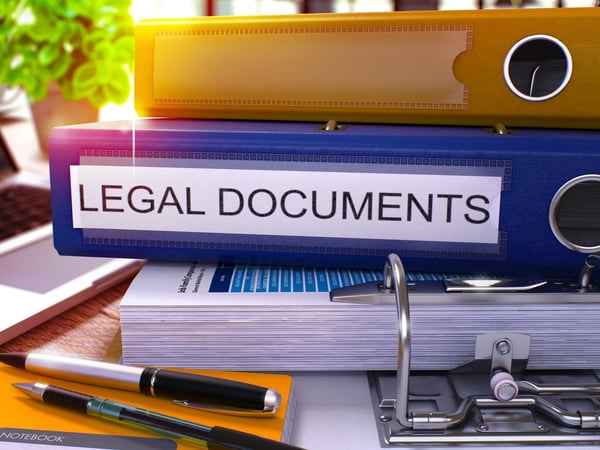Relocating abroad requires a great deal of preparation, most especially if you intend moving for a long-term assignment, travel or permanent retirement abroad.
Although any long distance move requires advanced planning, moving to another country is much different from moving state to state in the U.S. You will need to prepare for the move months in advance to help ensure every detail is covered. Read on to find out tips for your international moving plan.

As international movers we thought it would be a fitting time to talk about strategic planning foran overseas move.
Whether relocating alone or moving your family abroad, planning is the key to a successful international relocation.
To assist you
better during the
transition, we will
discuss 10
amazing
tips on
how to plan
an
international
relocation
for future
movers.
1.Making Decision and Assess All Important Documentations
It is critical that future movers should make a decision as early as possible. Once you have firmly decided to relocate overseas, you can move forward and make plans. Getting started a year or 8 months in advance will provide you with quality time to plan and act on time.
Another important reason for making an early decision is due to the processing time of work permit or visas required in your destination country.

In some countries, it can take up to a year to process and approve a visa. Therefore, it is suggested that future moving clients apply and submit the required documentation as soon as possible.
Ensure your official documents, such as passport, ID cards, birth certificate, driver’s license, etc… are all valid. Ensure that your family member’s documents are in order as well if they are moving with you.
In general, entry into any countries for tourism or business trip requires that your passport be valid for at least three months. If you are planning a long-term relocation abroad, it is better to have your passport with at least six months’ validity remaining.
Obtain other required documentation such as your children’s school report card, which is vital if enrolling in a new school in your destination country.

Legal documents to move along would include;
- birth certificate
- change of name documents if applicable
- marriage certificate
- medical records
- bank drafts
- medical insurance documents, etc.
2.Arrange for Necessary Vaccinations
As international travelers, they may face many potential health risks and diseases.
According to a new study published recently more than half of the international travelers in the USA did not get vaccinated during their move. This may result in severe infection in countries where many diseases are prevalent.

It is critical to arrange for necessary vaccinations before departure. For example, if you are moving to Hong Kong, suggested vaccines to consider are: Hepatitis A, Hepatitis B, Influenza, Japanese encephalitis, Measles and Yellow Fever.
It is important to note that each country may have different vaccination entry requirements. It is recommended that future expatriates contact their doctors to verify additional vaccinations requirements of the destination country or region.
3. Job Search
Another consideration is obtaining a job overseas. Most movers will want to start researching employment opportunities in your destination country long before leaving.
It is essential to know whether you need any additional certifications or training, such as TOEFL/IELTS certification of English proficiency, research abstract (for early-stage researchers), teaching portfolio, a complete list of publications, second language skills, etc.
We encourage future
movers
to apply for a job
as soon as possible
due to the
processing
time of work
permit
application.
For younger people who haven’t found a job but decided to move abroad, many countries offer a special programme to provide them with work opportunities.
For example, in Canada, The International Experience Canada provides young people aged 18 – 35 from all over the world to work and travel in Canada.
You should try to do research and participate in this kind of programs and gain valuable working experience. Please keep in mind that in some countries there might be age restrictions. Please check carefully before you apply.
4.Financial Assessment
Before moving overseas, it is suggested that you have a full financial accounting and take into account the cost of living in your destination country, including apartment rental rates, property purchase cost, school tuition fees, meals and more.
Try not to forget
any moving
expenses
such as
boxes and packing
materials fees,
transportation of
furniture.
If you are lucky,
your employer may
provide some
assistance and
subsidies for your
expat
assignment.
All future movers should also look into the tax obligations in both your home country and your destination country
Contact your bank and get a global account for internet banking. If you have mortgage or loan payments in your home country, please also set up a direct payment account with your bank while you are away.
5.Language Training
Communication
is crucial for
expatriates who want
to live and work
overseas. If you are
relocating
to a destination
country
with language
barriers, the
interaction could be
complicated for
their
integration
and even
career.
This is especially true during dangerous situations or medical emergencies. Therefore, it is recommended that future movers receive basic local language training before departure. It will also accelerate your adjustment into your new environment.
6.Obtain International Health Insurance
International health insurance coverage is a necessity and should be a top consideration. Make sure you and your family are covered by a comprehensive medical plan in your destination country.
Expat Financial offers a wide range of expatriate health insurance plans designed specifically for any expatriates of any nationality around much of the world. With expat health insurance plans, you and your family’s health are protected through an appropriate level of expat insurance.
7.Choose a Move Date

If a summer move date is needed, be sure to plan ahead and book as early as possible. Moving services are in high demand during the summer months and can book up fast.
Depending on the size of your shipment, packing/loading can take multiple days. Consider if you want to stay at your home during this time or if it is best to arrange for other accommodations.
8.Evaluate What Items Not to Take
Every country in the world has their own set of customs requirements and restrictions. Some countries have an easy customs process which only involves a few documents. Others have quite an extensive process, which requires months of preparation and approvals prior to shipping.
Each country also has their own list of what can or can’t be included in your shipment. Items like firearms and weapons can be tough to import anywhere, whereas other items that you might not think about, like religious items and artwork, can be difficult depending on the country.
Thankfully, Victory Van Relocation Consultants are well trained on these requirements worldwide and will assist you through this.
9. Prepare your Items for Transit
To avoid delays or complications with potential physical inspection during customs clearance, it is recommended that the moving crews pack your belongings.

Allowing our crews to professionally pack your shipment can also help minimize the risk of damage. However, if you are packing yourself, be sure to create a detailed inventory of the contents of each box.
Also, leave the boxes open so the mover can verify the inventory matches the actual contents. This is essential to reduce the likelihood of physical inspections at customs causing long delays.
10. Choose an international moving company.
Choosing an experienced, qualified international moving company is essential to a successful relocation. Your personal Relocation Counselor will be your guide from start to finish – providing advice, informing you of country requirements & paperwork and ensuring the process is as smooth as possible.
Start by choosing Victory Van certified mover.
Your Relocation Consultant will work with you to set a time for a moving estimator to come to your home to assess your move.
They will be looking to:
- Understand what items you plan to ship
- Consider your accommodations at destination
- Know if your home would be large enough to accommodate all your current items
- Consider the possibility of storing some items at origin rather than shipping them overseas.
As you can see, a successful international move needs proper planning. One of your first steps should be to find a reliable mover that can provide door to door international relocation services.
The right international mover will be able to handle a lot of the moving details for you and answer many of the questions you will have.
Allied International Cooperation welcomes the opportunity to assist with your relocation. If you are planning an international move, take a moment to request a free estimate without obligation and discover how our international relocation management team can help take the stress out of moving overseas.
For more help preparing for your international move, Call us today for more quotes.













